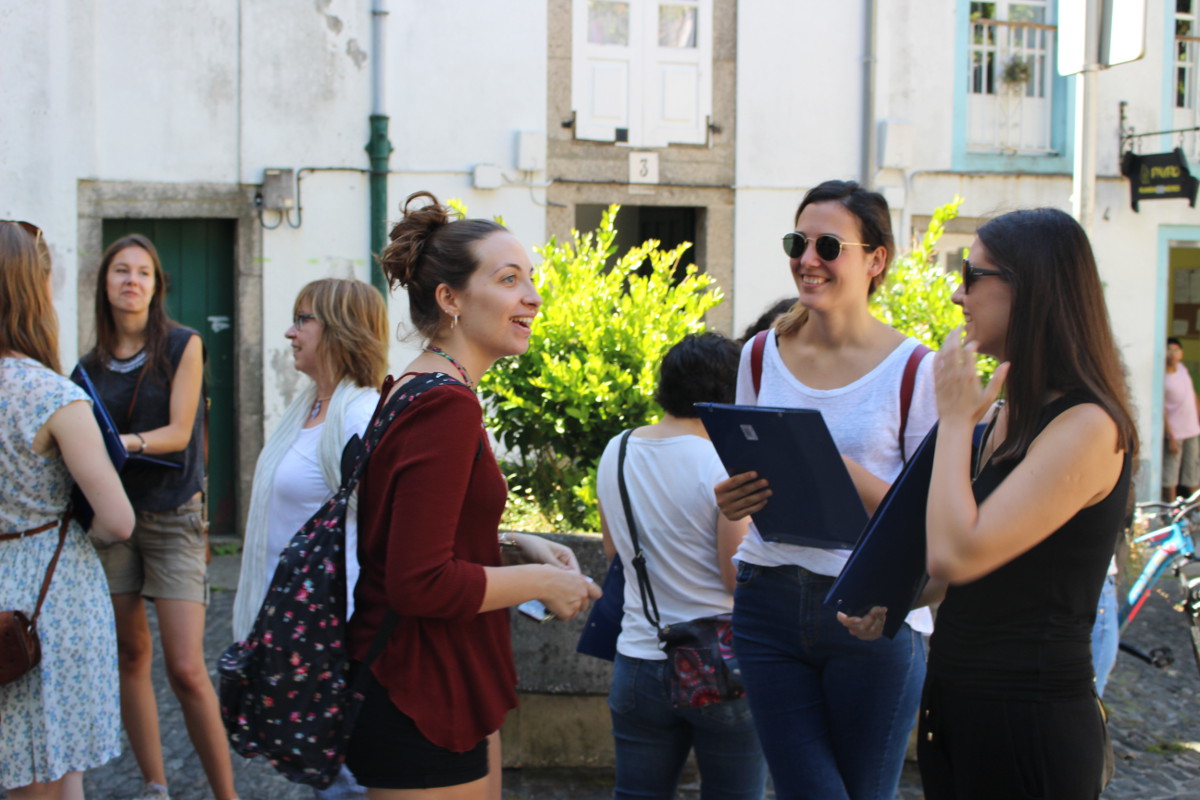Young people’s language: competence, language change, attitudes, and language abandonment
This project aims at studying the traits of the language of Galician youth, from three complementary yet distinct perspectives: competence, especially in writing; language change, especially with respect to the effects of language contact; and language abandonment, within the framework of the processes of the conservation, transmission, and abandonment of the language in Galician families. According to these three perspectives, the project is built around three lines of research:
Line 1: Analysis of the written competence in Galician language of students of second year of Baccalaureate (final year of High School) in Galicia
Principal investigator: María Álvarez de la Granja
This line of research aims at contributing to the study of the traits regarding written competence in the Galician language among students of second year of Baccalaureate (final year of High School) in Galicia. To this end, we are continuing to work on the development of the Cortegal corpus, which began as part of the project "Corpus para a análise das dificultades na produción escrita en lingua galega" of the Instituto da Lingua Galega, and we will start performing analyses from different perspectives on the texts contained in said corpus. Thus, with a view of analysing the language use of Galician students, we will employ the findings of the project "Léxico dispoñible do galego" (López Meirama / Álvarez de la Granja 2014), which recorded the vocabulary used by second year of Baccalaureate students in 18 subject areas.
Line 2: Language change and contact in young people
Principal investigator: Xosé Luís Regueira Fernández
This line of research aims at contributing to the study of the traits of the language used by young people, with a focus on the effects of language contact on the configuration of the different varieties of Galician and the language change registered in today’s society. This work focuses not only on the language contact with Spanish, but also includes the contact with Portuguese. Although the contact with these two languages is different in scope and occurs in different ways, this work aims at studying the manner in which young people use linguistic elements taken from Portuguese and Spanish to conform differentiated social and ideological identities, related in part with ideologies of resistance and alternative ideologies.
Line 3: The language of families: conservation, transmission, and abandonment of the language across three generations
Principal investigator: Henrique Monteagudo
This project aims at contributing to the body of knowledge on the processes of conservation, transmission, and abandonment of the language in Galician families. To this end, we will start by analysing a corpus of approximately 500 sociolinguistic family records, studied across three generations. These records have been developed since 2000 by students of Galician Sociolinguistics, following a model provided by their teacher, based on interviews of several members of each family unit across three successive generations. The records include: information on the initial language and the repertoire of language skills and uses of several members of the same family; an exploration of autobiographical attitudes and narratives; and social information: gender and age, residence and migration (including emigration and return), studies/profession, and marital status, among others.






